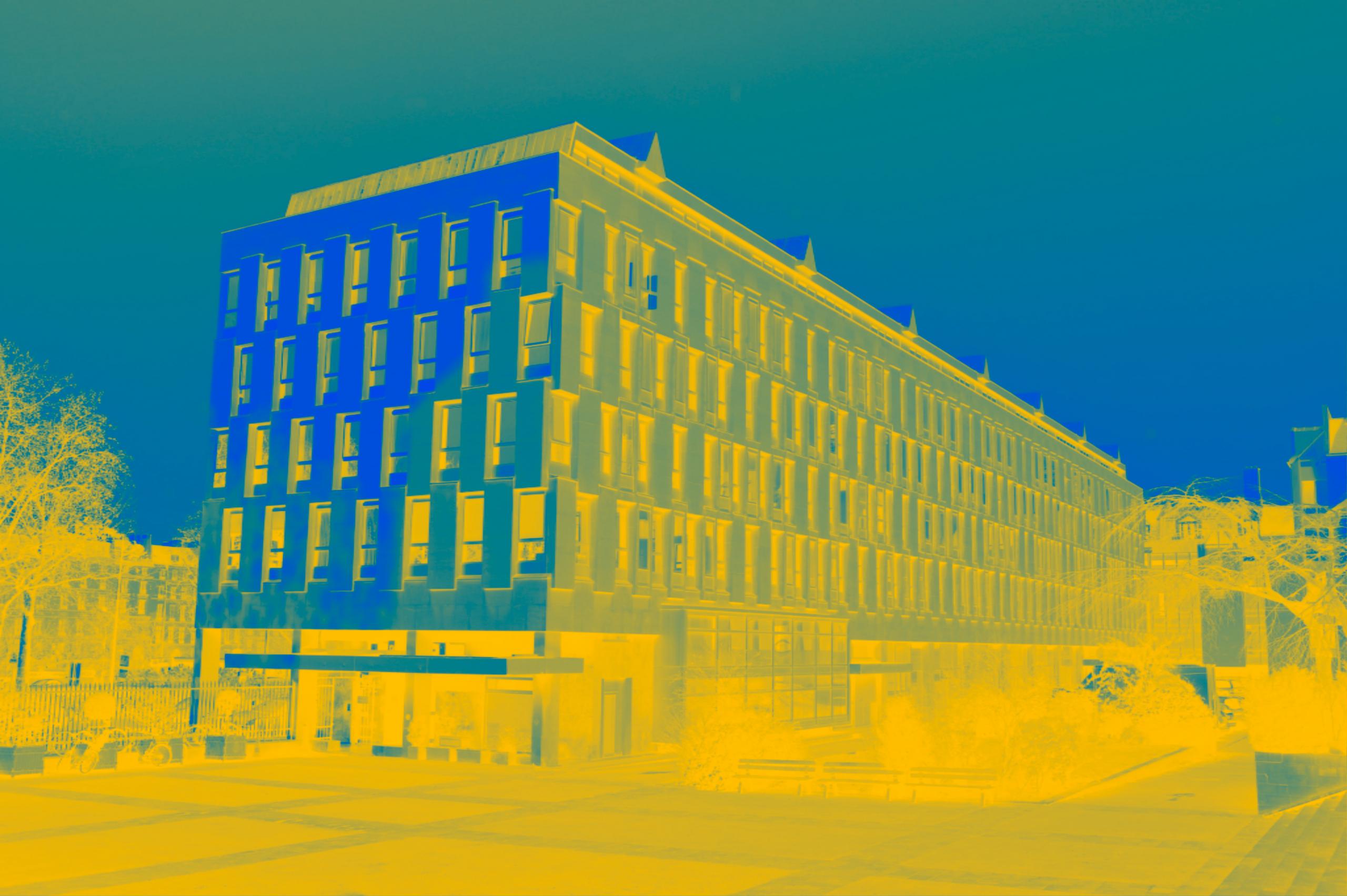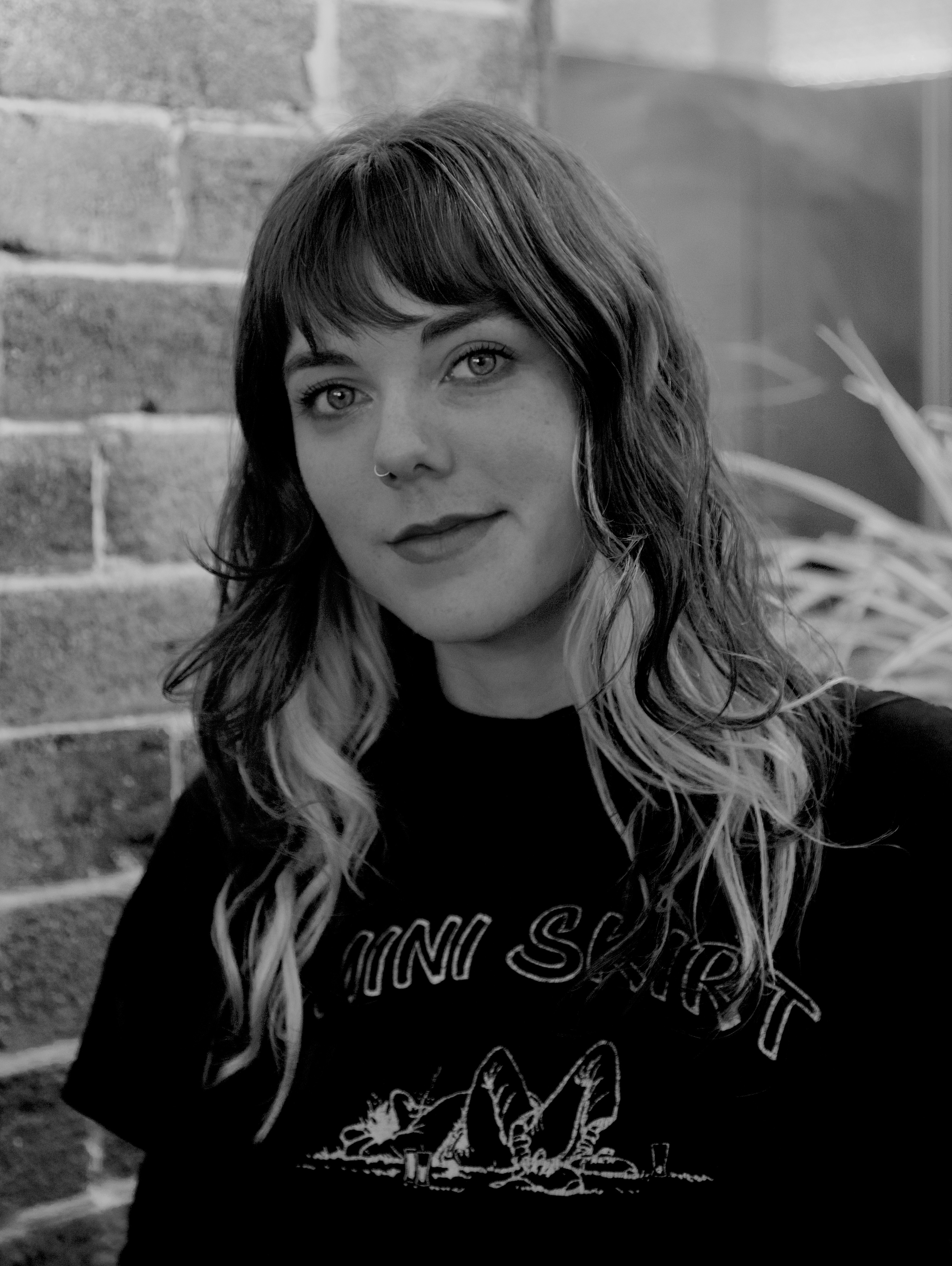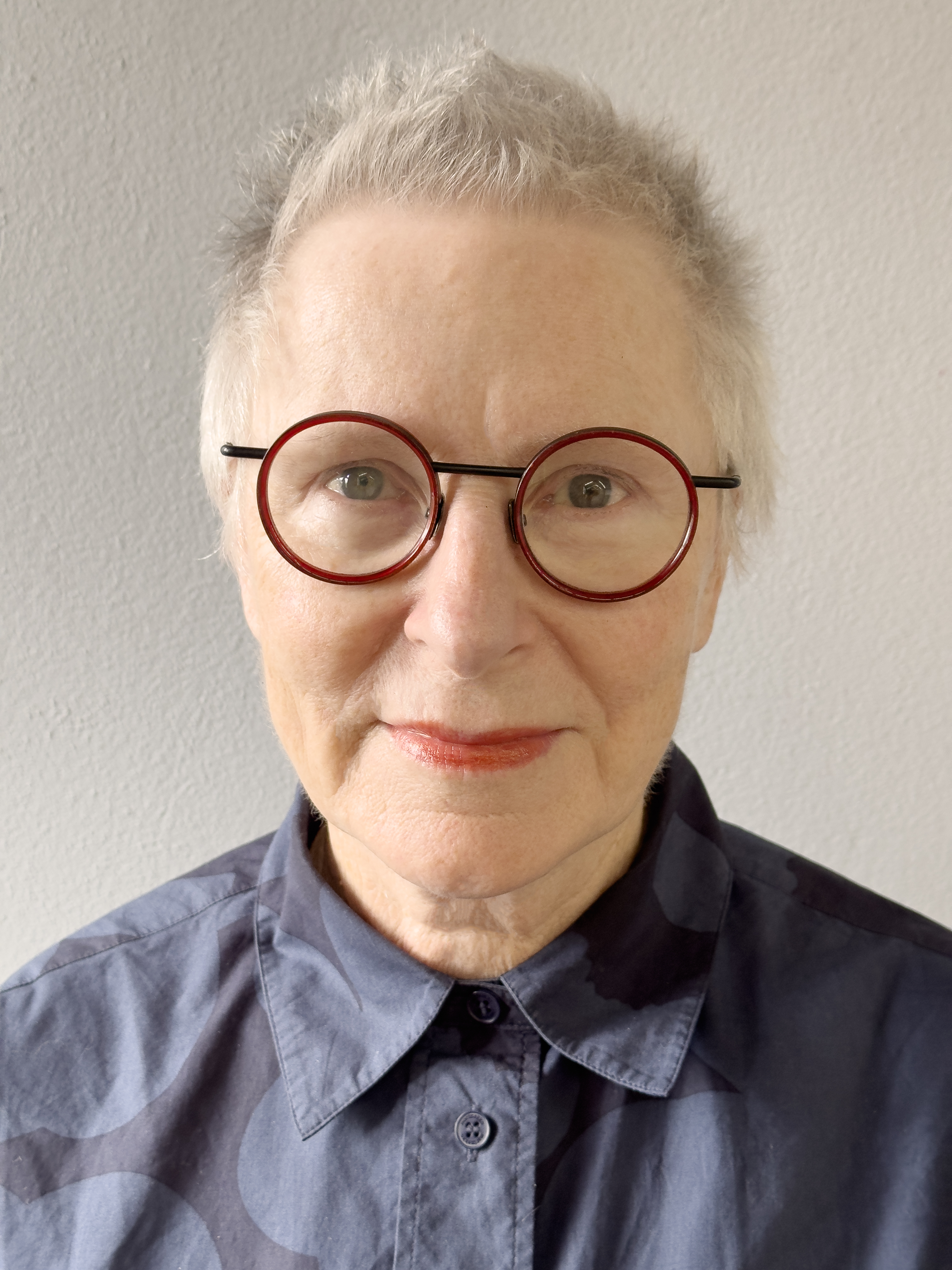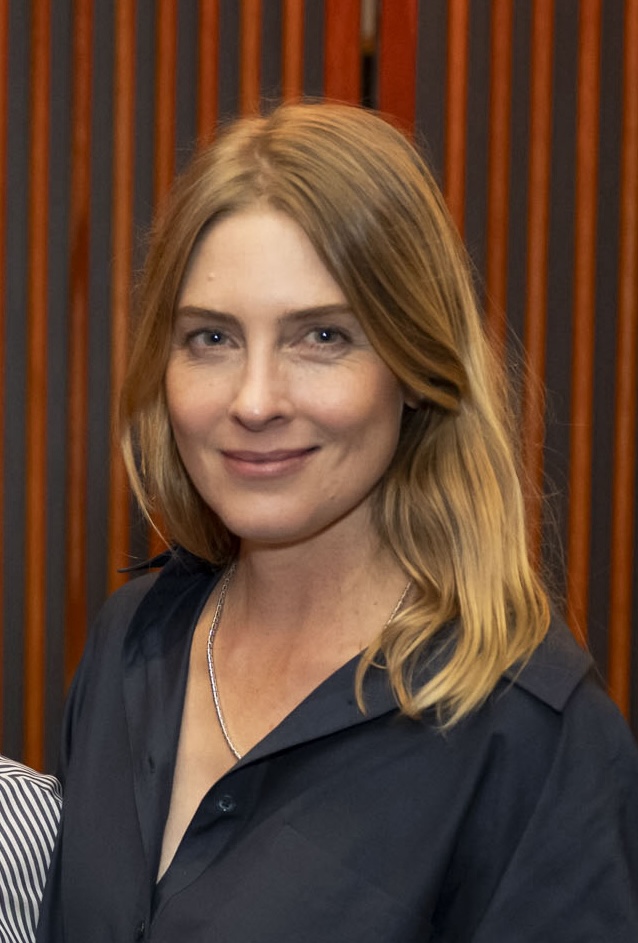
Introducing our Paris Residency Fellows for 2025!
We are delighted to announce our four Paris Residency Fellows for 2025!
The four Fellows listed below were selected by a panel of experts from a large and very strong field of applications, which included artists, writers and curators. Fellows are given three months' residency at the Power Institute's studio at the Cité Internationale des Art in Paris, where they can pursue their work alongside practitioners from around the world.
The 2025 Paris Residencies are made possible by the generous support of Nicholas Curtis AM and Angela Curtis. Their support is vital in preserving this special and transformational opportunity that has enriched Australian visual arts and culture for more than 50 years.
Click below to learn more about our Fellows and their proposed projects in Paris.
The Fellowships are made possible thanks to the generous support of Nicholas Curtis AM and Angela Curtis.
Join us to celebrate our 2025 Fellows
Learn more about the Paris Residency
People

Jessica Di Costa
Jess is a filmmaker and visual artist based in Sydney. Having graduated with a First-Class Honours degree from COFA (UNSW College of Fine Arts) Jess was 1 of 30 students selected nationwide to exhibit at the Perth Institute of Contemporary Art for her graduating film, Apartment Block No.10. In 2019, Jess received a scholarship funded by the San Sebastián International Film Festival to complete her masters in Film Creation at experimental film school, Elías Querejeta Zine Eskola in San Sebastián, Spain. Since returning to Australia, Jess has continued her practice with 16mm film, creating works which have screened and exhibited both nationally and internationally at film festivals and exhibitions as well as garnering accolades such as the inaugural TWT Excellence Award and the Tony White Memorial Art Award. In 2023, Jess was 1 of 50 international filmmakers selected to participate in PlayLab Film’s ‘Creator’s Lab’ with Apichatpong Weerasethakul (Memoria, Uncle Boonmee Who Can Recall His Past Lives) in Yucatán, Mexico. Her film, See Me Living, was 1 of 10 selected from the Lab for International distribution in 2024.
My project, FLOOD (working title) is a series of video artworks that examines the physical and cultural impacts of floods on local identity. Through this conceptual framework, I also aim to take advantage of the world-renowned facilities available in Paris which allow artists access to film developing laboratories. Here, I hope to advance my film processing techniques and experiment with alternative processing methods to create new tactile images from my 16mm film.

Helen Grace
Helen Grace (b Gunditjmara Country, living Wangal Country, Eora Nation) is currently a Carriageworks Clothing Store Resident Artist. Her work is on show in the Dreams Nursed in Darkness exhibition, Wollongong Art Gallery and an installation of her filmwork has just finished at Bundanon Art Museum as part of the Wilder Times: Arthur Boyd and the mid 1980s Landscape. She was the Founding Director of the MA Programme in Visual Culture Studies, Chinese University of Hong Kong and is now Associate, Gender and Cultural Studies, University of Sydney; in 2012-13 she was Visiting Professor in the Department of English, National Central University, Taiwan on a National Science Council Fellowship. Helen is an award winning filmmaker and new media producer. Her photo media work is in the collections of Artbank, National Gallery of Australia, Art Gallery of NSW and Art Gallery of South Australia as well as private collections nationally and internationally. Her books include: Culture, Aesthetics and Affect in Ubiquitous Media: The Prosaic Image (Routledge, 2014) and Technovisuality: Cultural Re-enchantment and the Experience of Technology (co editors, Amy Chan, Kit Sze and Wong Kin Yuen) (IB Tauris, 2016).
For the Power Institute Nicholas and Angela Curtis Residency Fellowship at the Cité Internationale des Arts, Helen will spend time in the Quai Branly archives studying the photographs, films and papers of Thérèse Rivière (1901-1970), as part of research for an essay film on Rivière. It is Rivière who brings together photography and drawing in museum display and who introduces the typewriter to the Trocadéro, for more orderly museum registration processes. Originally trained in industrial design – and as a Red Cross nurse during the First World War – Rivière studied drawing at the Louvre School and paleontology and ethnography with Marcel Mauss. In 1928, she joins her brother, Georges-Henri, deputy director, at the Musée d'Ethnographie du Trocadéro.

Anneke Jaspers
Anneke Jaspers is a writer, researcher and Senior Curator, Collection, at the Museum of Contemporary Art Australia (MCA Australia). Her research is focused on art at the intersection of history, politics and place. She has published widely on contemporary Australian art for two decades and recently completed a PhD in Curatorial Studies. At the MCA, Anneke is responsible for the development and display of the museum’s permanent holdings, in addition to curating exhibitions. Her recent shows include Nicholas Mangan: A World Undone (2024, co-curator), Adam Linder: Hustle Harder (2023), Vivienne Binns: On and through the surface (2022, co-curator), and MCA Collection: Perspectives on place (2021). From 2019 until its culmination in 2022, Anneke led the MCA Australia’s International Joint Acquisitions Program with colleagues at Tate, London.
Anneke’s residency will be dedicated to research and development towards a major solo exhibition and accompanying monograph, in the context of her role as a Senior Curator at the Museum of Contemporary Art Australia. This project – which is yet to be announced – extends upon research undertaken for her doctorate, which considered the future custodial role of art museums through the lens of recent art engaged with Australia’s colonial condition.

Jude Philp
Jude Philp is Senior Curator, Macleay Collections at the Chau Chak Wing Museum, University of Sydney. She gained her PhD at the University of Cambridge through working with Torres Strait Islanders in Zenadth Kes. Her research interests and publications include subject areas of museum anthropology, 19th century Australian-Pacific history, historic taxidermy and the commerce of natural history. In this work she is concerned with global work in the decolonisation of museums and co-curatorial approaches to exhibitions.
The residence project involves research on early French collections of exotic animals and their uses in art and society. A particular focus is on birds of paradise and other fauna of the Indo-Pacific region, to connect with localised histories of trade.
